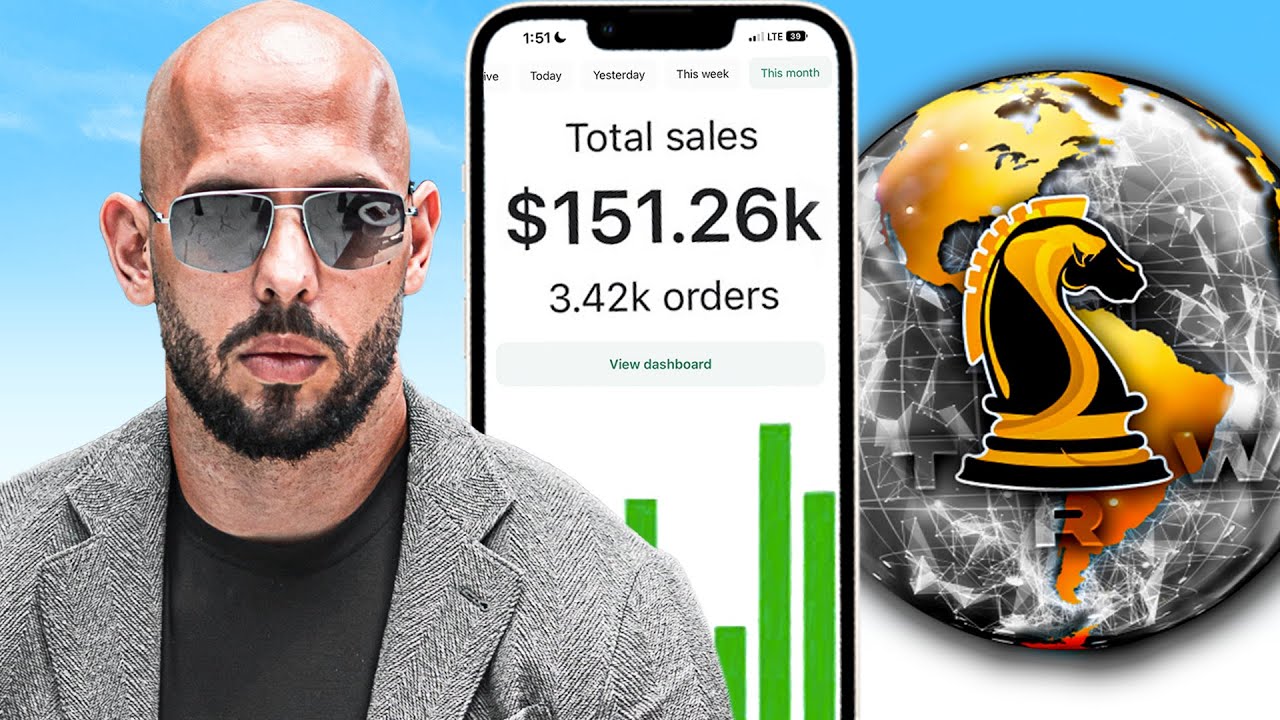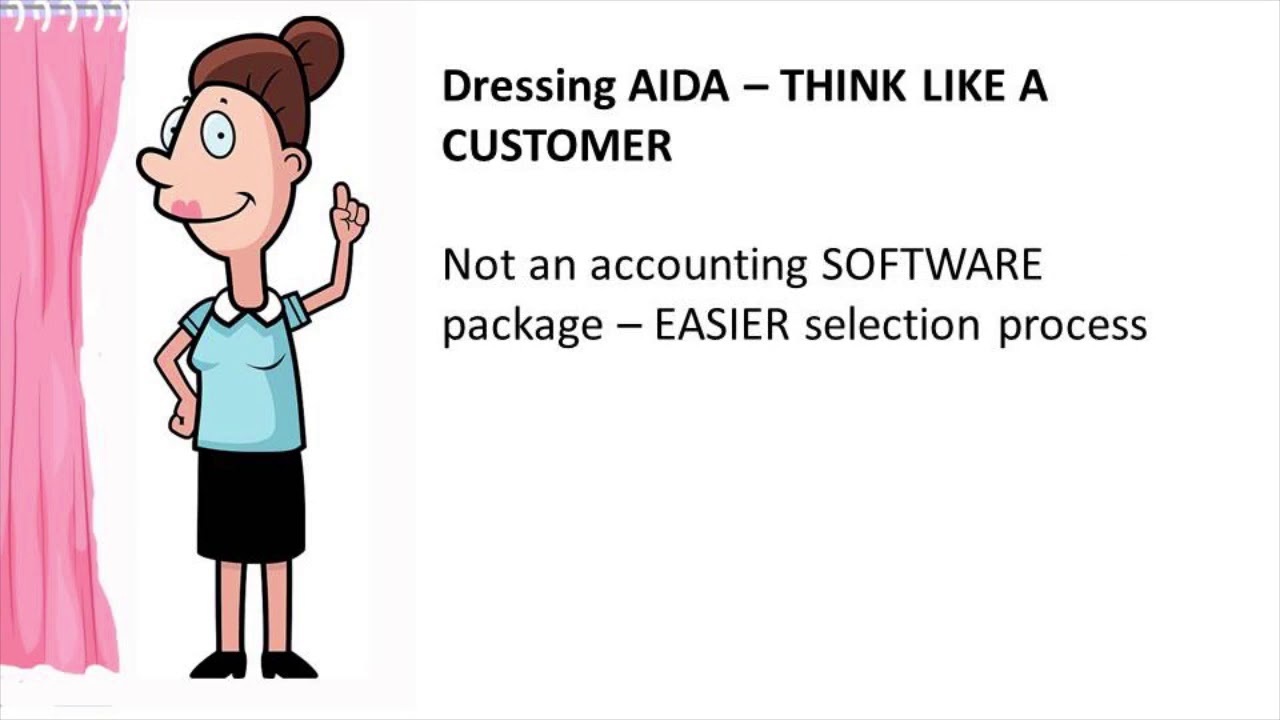Introduction
You may have seen the ads and landing pages that promise to make you a copywriter in just a few weeks. But is it really possible to learn this skill in such a short amount of time?
In this 2-part series, we’ll be taking a deep dive into the world of B2B copywriting, and exploring whether it’s really possible to become a copywriter through one of these courses.
In Part 1, we’ll look at how to become a copywriter from the perspective of someone who’s already in the industry. We’ll explore the different paths you can take to becoming a copywriter, and whether taking a course is the right option for you.
Part 2 will be all about case studies. We’ll hear from 3 successful copywriters who’ve taken different routes into the industry, and see whether their experience reflects what we’ve discussed in Part 1.
So, let’s get started!
How to Become a Copywriter: The Different Paths You Can Take
There is no one-size-fits-all answer to becoming a copywriter. The path you take will depend on your skillset, experience, and goals.
That being said, there are generally three paths you can take to becoming a professional copywriter:
1. Formal education + work experience
2. Work experience + online courses/certifications
3. Self-education
Let’s take a closer look at each of these options:
Formal education + work experience
One route you can take is to get a formal education in copywriting, such as a degree or certification from an accredited institution. This could be from a brick-and-mortar school or an online program. After completing your program, you would then look for entry-level jobs incopywriting or related fields to gain some hands-on experience.
Pros: A formal education can give you a strong foundation in the principles of effective communication, which will be useful in your career as a copywriter. It can also make you more attractive to potential employers.
Cons: A formal education can be expensive and time-consuming. It’s also not guarantee of getting a job after graduation; you may still need to put in some time working your way up the ladder .
Work experience + online courses/certifications
If you don’t have any formal training in copywriting, another option is to get some work experience under your belt first, then supplement your knowledge with online courses or certifications. There are many programs available that can teach you the basics of copywriting; some are even free! Once you’ve completed one or more of these courses, you can start applying for jobs as a copywriter or content writer .
Pros: You won’t need to spend as much money or time on this route as you would with formal education. And if you’re already working in a related field , such as marketing or advertising, this could give you an advantage when applying for jobs . Additionally, most online courses offer flexible learning options , so you can study at your own pace . Cons: As with formal education, taking online courses alone is no guarantee that you’ll get hired as a copywriter . You’ll still need relevant work experience to stand out from other candidates . And if you’re not already working in marketing or advertising , it may be harder to break into these industries without some formal training . Self-education The third option is self-education: learning everything there is to know about copywriting through research , reading books and blogs , and trial and error . If this sounds like something you’re interested in pursuing , there are plenty of resources available online ( including this one !) that can help get started . Pros : This route is usually free or very low cost , since most of the resources are readily available online . You also have complete control over what (and how)you learn , so if traditional methods aren’t your thing , self-education could be ideal . Cons : Without any guidance , it can be easy to get overwhelmed by all the information out there – not everything is created equal ! And without structure , it may take longer to learn everything there is to know aboutcopywriting . Which route should YOU take? There’s no wrong answer here – ultimately , it comes down to what makes sense for YOU and YOUR career goals . If money isn’t an issue and/or you’re looking for long-term stability , going the formal education route could make sense . But if time/cost are concerns oryou’re interested in freelance/consulting opportunities , self-education might be better suited for your needs . No matter which route YOU choose , remember that becoming acopywriter takes hard work , dedication … and sometimes more than one try ! So don’t get discouragedif things don’t work out perfectly the first (or even second) time around ; keep tweaking your approach untilyou find what works best for YOU .”
![Copywriting Course B2b: Case Studies (Part 1) – How to Become a Copywriter [ Copywriting Tips ] post thumbnail image](https://www.recue.com/wp-content/uploads/2022/12/1671545003_maxresdefault.jpg)


